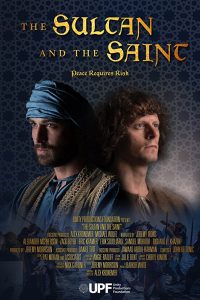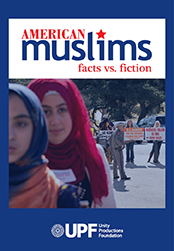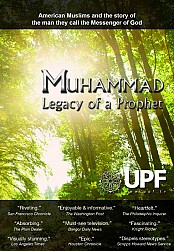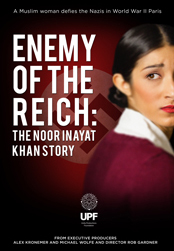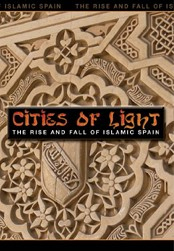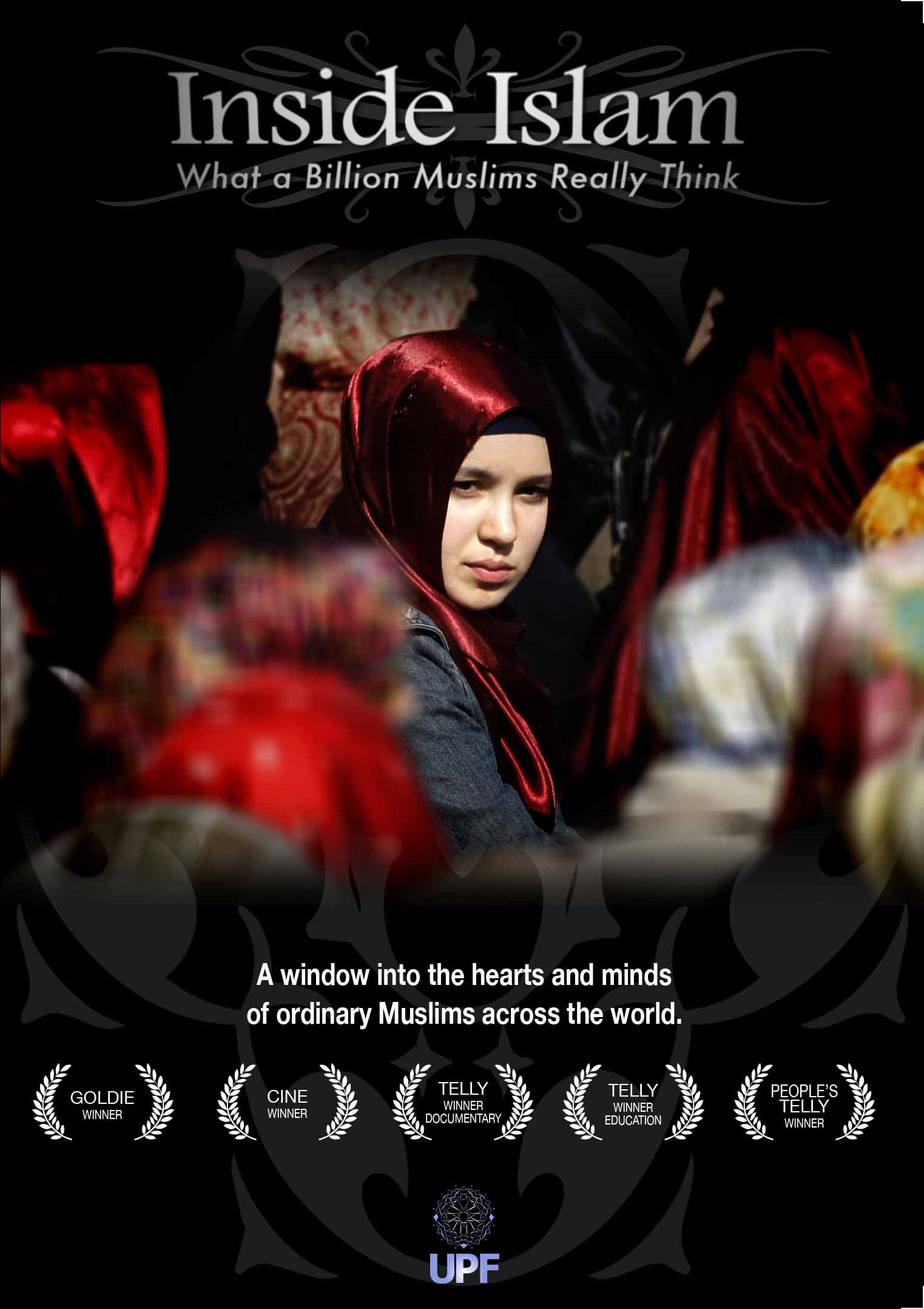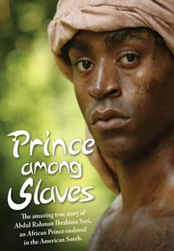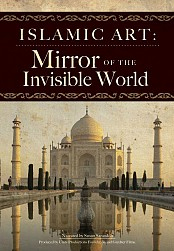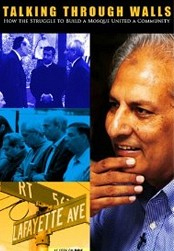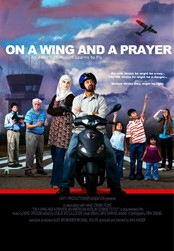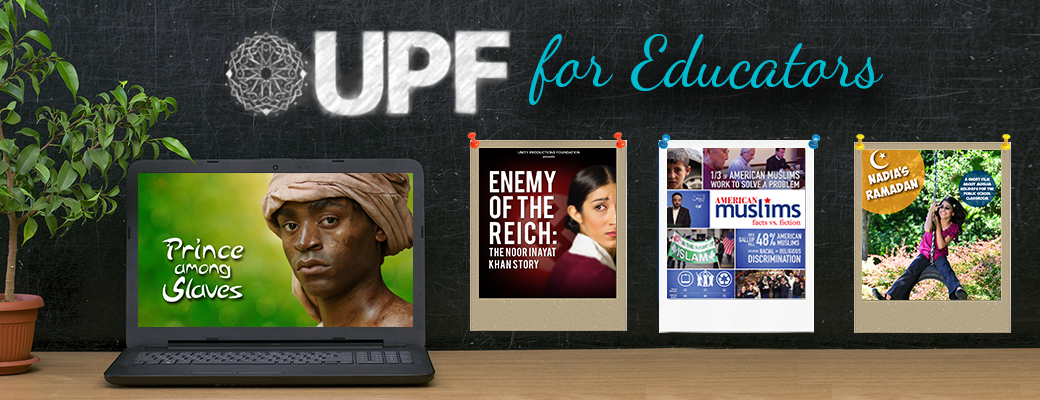
Inspiring students and helping them understand the forces that shape our world is what you do every day. Unity Productions Foundation can help you reach your goals with our lesson plans, guides, and other resources. We invite you to join thousands of American social studies teachers by showing UPF's documentary films in your classroom. Having been broadcast on PBS stations nationwide, our aim is to make history and social studies topics accessible, engaging, and entertaining, while consulting with scholars to keep them authentic.
We are pleased to offer you complimentary UPF films via streaming (and in special circumstances, via download), in addition to companion lesson plans and interactive learning websites developed by social studies teachers. These resources are designed to meet state and national teaching standards, and they have been supported by the National Endowment for the Humanities, the United Institute for Peace and other foundations.
Lesson Plans and Guides
To download all lesson plans, discussion guides and other resources, click here:
The Sultan and The Saint
Standards of Learning Tie-In:
- Explaining conflicts across Europe and Asia, including the Crusades and the fall of Constantinople;
- The maturing of an inter-regional system of communication, trade, and cultural exchange in an era of Islamic expansion.
- The redefining of European society and culture, 1000-1300 CE.
- Major global trends from 1000-1500 CE.
- Social psychology and conflict resolution.
We have a dedicated site for educational resources for The Sultan and The Saint. This film is not included on the Sign Up form at the bottom of this page.
American Muslims: Facts vs. Fiction
Grade Levels: high school and college
Standards of Learning Tie-In:
- Contemporary discussions regarding the First Amendment freedoms of religion, speech, press, assembly and petition.
- Communicating with government officials, discussing current events and respecting differing opinions in a diverse society.
- Understanding diversity, stereotypes and prejudice.
Muhammad: Legacy of a Prophet
Grade Levels: high school and college.
Standards of Learning Tie-In:
- Describing the origin, beliefs, traditions, customs, and spread of Islam.
Enemy of the Reich: The Noor Inayat Khan Story
Grade Level: Junior high, high school, and college
Standards of Learning Tie-In:
- The contributions of women and minorities to the war effort.
- The role of media and communications in the war effort.
- Nazi occupation in Europe and its connection to the Holocaust.
Cities of Light: The Rise and Fall of Islamic Spain
Grade Level: High school and college
Standards of Learning Tie-In:
- Explaining the preservation and transfer to Western Europe of Greek, Roman, and Arabic philosophy, medicine, and science.
- Assessing the influence of geography on Islamic economic, social, and political development, including the impact of conquest and trade.
Inside Islam: What a Billion Muslims Really Think
Grade Levels: High school and college
Standards of Learning Tie-In:
- Understanding diversity, stereotypes, and prejudice.
- A contemporary discussion regarding current events focusing on regions such as Asia and the Middle East.
- NOTE: Contains scenes of violent news footage. High school teachers should use their own discretion and prescreen the film.
Nadia's Ramadan
Grade Levels: Elementary and Middle School.
Standards of Learning Tie-In:
- 1B.1 ( Grades: K-4 ): Explain the ways that families long ago expressed and transmitted their beliefs and values through oral traditions, literature, songs, art, religion, community celebrations, mementos, food, and language. [Obtain historical data]
- 7A.3 ( Grades: K-4 ): Compare and contrast various aspects of family life, structures, and roles in different cultures and in many eras with students’ own family lives. [Compare and contrast]
- 8.8 ( Grades: 6-8 ): Explain the influence of personal values and beliefs on individual health practices and behaviors.
Prince Among Slaves
Grade Levels: junior high, high school, and college.
Standards of Learning Tie-In:
- Describing West African civilizations of the Middle Ages in terms of geography, society, economy, and religion.
- Knowledge of the status and impact of global trade on regional civilizations of the world after 1500 A.D. (C.E.) by describing Africa and its increasing involvement in global trade.
- How the values and institutions of early American economic and political life including slavery reshaped European and African life in the Americas.
Islamic Art: Mirror of the Invisible World
Grade Levels: High school, and college.
Standards of Learning Tie-In:
- Describing the origin, beliefs, traditions, customs, and spread of Islam.
- Assessing the influence of geography on Islamic economic, social, and political development, including the impact of conquest and trade.
- Identifying historical turning points that affected the spread and influence of Islamic civilization.
- Citing cultural and scientific contributions and achievements of Islamic civilization.
Allah Made Me Funny
Grade Levels: High school, and college.
Standards of Learning Tie-In:
- A contemporary discussion regarding the First Amendment freedoms of religion, speech, press, assembly, and petition;
- Communicating with government officials, keeping informed about current issues, and respecting differing opinions in a diverse society;
- Evaluating how civic and social duties address community needs and serve the public good;
- Understanding diversity, stereotypes, and prejudice.
Talking Through Walls
Grade Levels: High school, and college.
Standards of Learning Tie-In:
- A contemporary discussion regarding the First Amendment freedoms of religion, speech, press, assembly, and petition;
- Communicating with government officials, keeping informed about current issues, and respecting differing opinions in a diverse society;
- Evaluating how civic and social duties address community needs and serve the public good;
- Understanding diversity, stereotypes, and prejudice.
On a Wing and a Prayer
Grade Levels: High school, and college.
Standards of Learning Tie-In:
- A contemporary discussion regarding the First Amendment freedoms of religion, speech, press, assembly, and petition;
- Communicating with government officials, keeping informed about current issues, and respecting differing opinions in a diverse society;
- Evaluating how civic and social duties address community needs and serve the public good
- Understanding diversity, stereotypes, and prejudice.

